2016: Year in review
Recent articles
The best depictions of autism in the arts
The books, shows and movies that most accurately portray autism are those that don’t dwell on the condition.
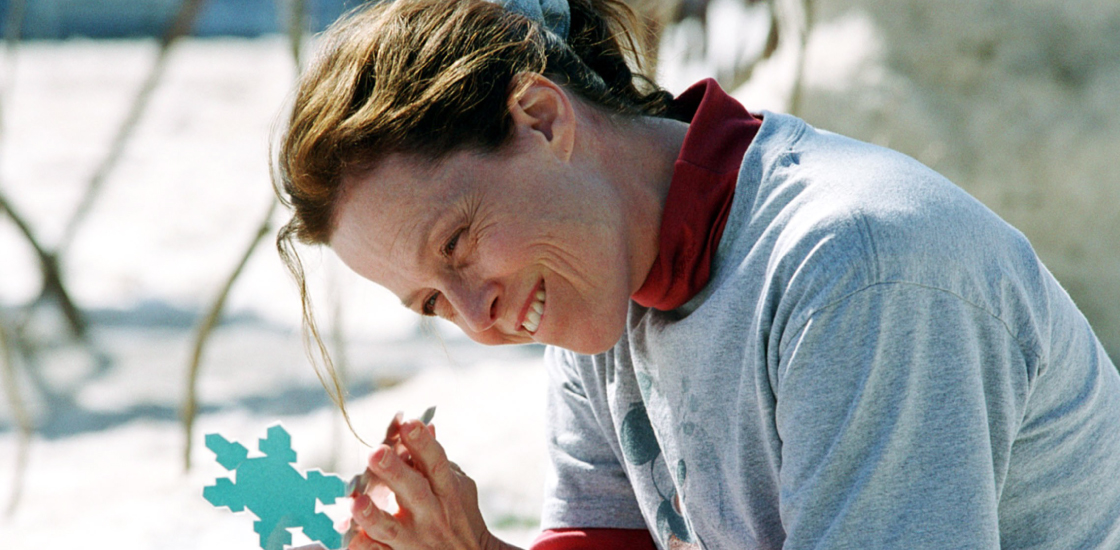
The best depictions of autism in the arts
The books, shows and movies that most accurately portray autism are those that don’t dwell on the condition.
Spectrum of color: Our favorite photos from 2016
Peruse our picks for the best science photos published on Spectrum this year.
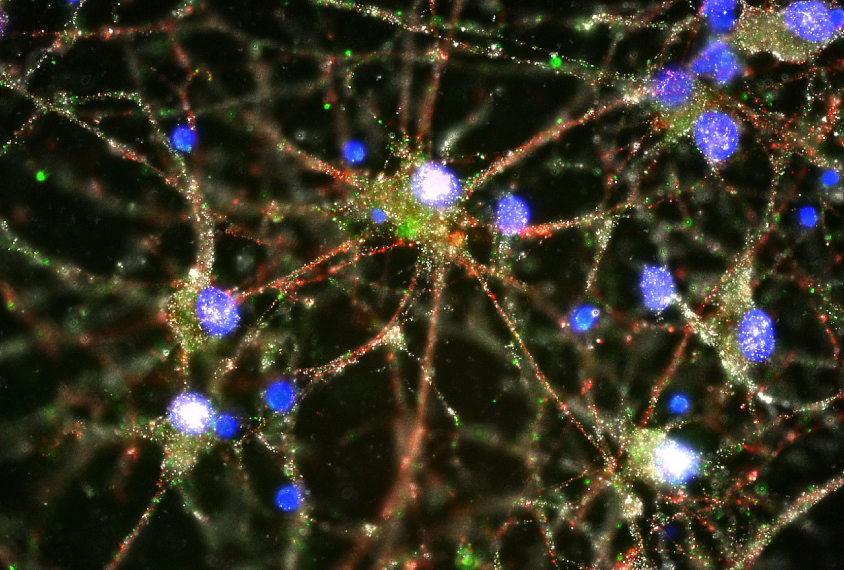
Spectrum of color: Our favorite photos from 2016
Peruse our picks for the best science photos published on Spectrum this year.
Quotes of the year
We took note of our favorite quotes from articles we published this year.
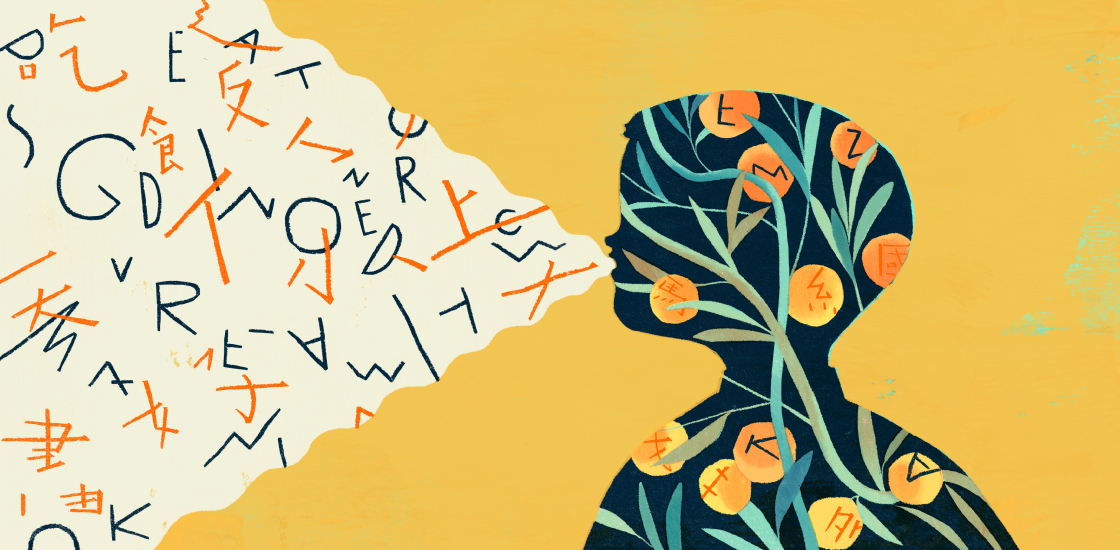
Quotes of the year
We took note of our favorite quotes from articles we published this year.
2016’s spectrum of autism science
It’s been an eventful year, full of surprises.
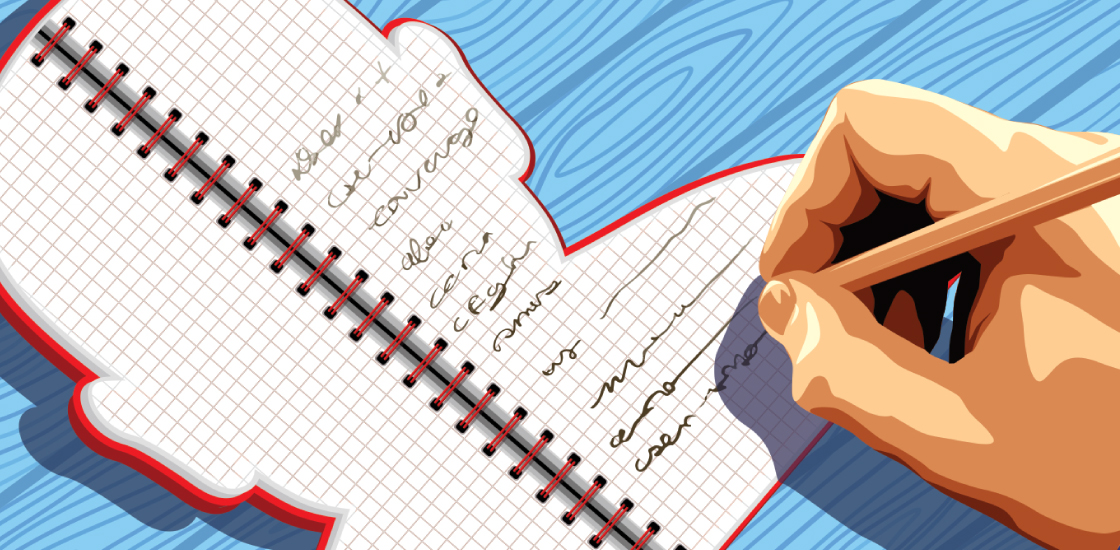
2016’s spectrum of autism science
It’s been an eventful year, full of surprises.
Young woman with autism asks: ‘Am I so different?’
A college student on the spectrum reflects on her struggles relating to others and gaining independence — and on the people who have given her hope.
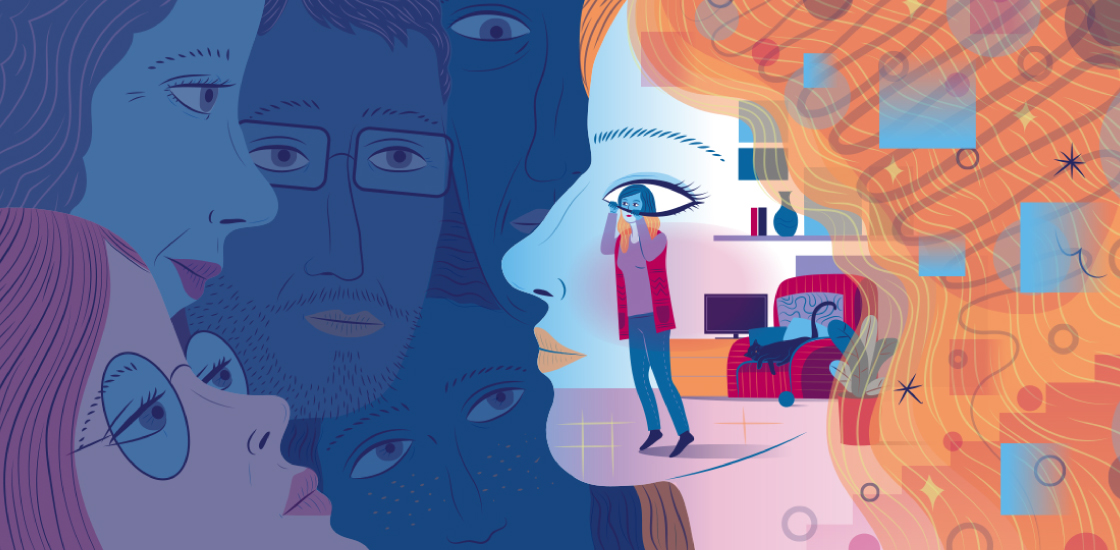
Young woman with autism asks: ‘Am I so different?’
A college student on the spectrum reflects on her struggles relating to others and gaining independence — and on the people who have given her hope.
For autism researchers, mundane moments spark ‘Eureka’ insights
Autism researchers reflect on the unusual episodes that spawned significant scientific projects.

For autism researchers, mundane moments spark ‘Eureka’ insights
Autism researchers reflect on the unusual episodes that spawned significant scientific projects.
Hot topics of 2016
These five trending topics hint at important discoveries to come.

Hot topics of 2016
These five trending topics hint at important discoveries to come.
Notable papers of 2016
Our picks for the top 10 papers of the year highlight leaps in our understanding of autism, as well as lingering gaps.
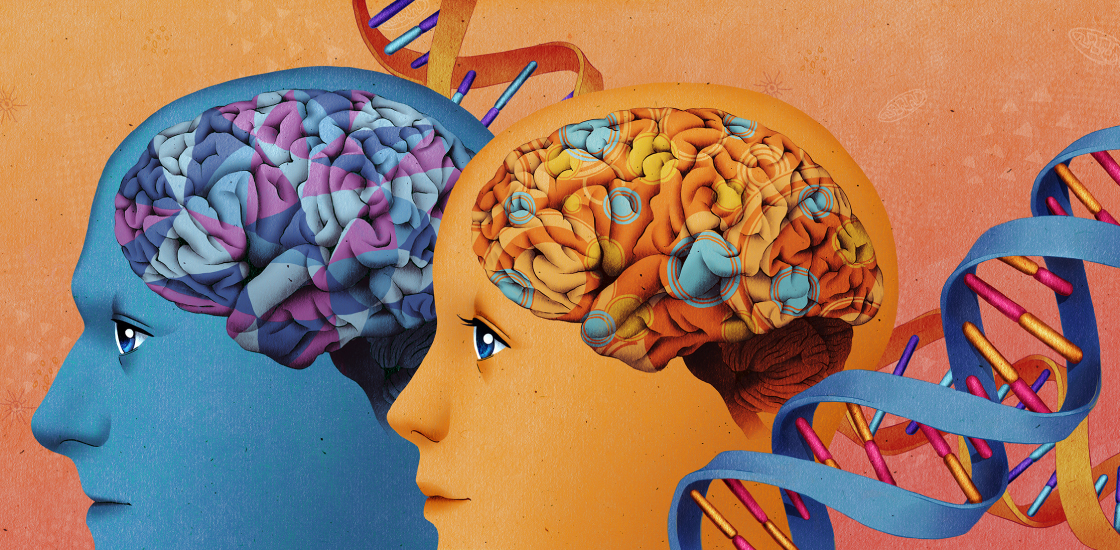
Notable papers of 2016
Our picks for the top 10 papers of the year highlight leaps in our understanding of autism, as well as lingering gaps.
From temperature to toys, strange stimuli skew rodent results
Interpreting mouse and rat behavior is tricky because of the hidden factors that can influence experiments.

From temperature to toys, strange stimuli skew rodent results
Interpreting mouse and rat behavior is tricky because of the hidden factors that can influence experiments.
Explore more from The Transmitter
Lack of reviewers threatens robustness of neuroscience literature
Simple math suggests that small groups of scientists can significantly bias peer review.

Lack of reviewers threatens robustness of neuroscience literature
Simple math suggests that small groups of scientists can significantly bias peer review.
Dendrites help neuroscientists see the forest for the trees
Dendritic arbors provide just the right scale to study how individual neurons reciprocally interact with their broader circuitry—and are our best bet to bridge cellular and systems neuroscience.

Dendrites help neuroscientists see the forest for the trees
Dendritic arbors provide just the right scale to study how individual neurons reciprocally interact with their broader circuitry—and are our best bet to bridge cellular and systems neuroscience.
Two primate centers drop ‘primate’ from their name
The Washington and Tulane National Biomedical Research Centers—formerly called National Primate Research Centers—say they made the change to better reflect the breadth of research performed at the centers.

Two primate centers drop ‘primate’ from their name
The Washington and Tulane National Biomedical Research Centers—formerly called National Primate Research Centers—say they made the change to better reflect the breadth of research performed at the centers.